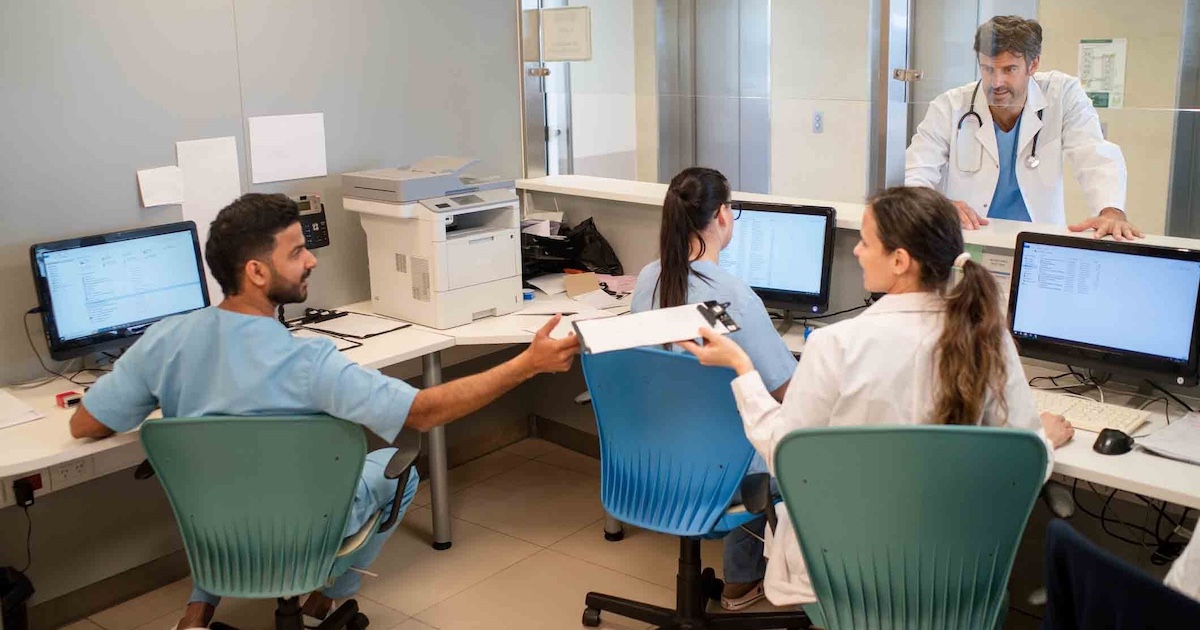People struggling with alcohol and drug addictions need a constant link to resources and support services to get them through difficult times.
Thanks to OneRecovery, that link is no farther away than the smartphone, tablet or laptop.
The Solana Beach, Calif.-based online community has developed a mobile health platform designed to meet the needs of recovering addicts for so-called “in-between-visit” services. Those services include videos, links to physicians and treatment centers, online chats with peers and “alumni,” a “recovery clock” that enables those in treatment to mark their progress, and access to emoticons that allow them to identify their moods and cue others to potential problems.
“I really think we’re filling a niche that hasn’t been filled,” says Laura Clapper, the network’s chief medical officer. “Other online resources aren’t HIPAA-compliant or even secure, and many don’t offer real-time support and intervention.”
OneRecovery was launched four years ago by David Metzler, a recovering addict who says drugs and alcohol almost killed him. In a letter posted on the company website, the former New York investment banker says he wanted to combine the latest in technology with an online resource center that understands the struggles of recovery and the importance of after-care and alumni and peer services.
According to Clapper, OneRecovery markets to insurance companies and health plans “who are excited about thinking about new ways to interact with members.” The site now serves 40,000 members, who are required to be invited by other members, clinicians or treatment plans.
One Recovery’s “Social Solutioning” platform was made available last year to members participating in Aetna’s Alcohol Disease Management and Intensive Care Management programs who had completed addiction treatment or detox programs. In a report to the Care Continuum Alliance National Forum 11 Conference in September, a study of members over the previous 12 months indicated 81 percent of those who visited the OneRecovery website enrolled in the program, and 76 percent of those who registered returned to the website at least two more times. In addition, the study indicated treatment readmissions were reduced by 67 percent among members who were out of treatment for more than 270 days.
“Aetna’s study results demonstrate the power of social networking and interactive support to enhance the lives of individuals involved in recovery to generate positive, cost-effective outcomes,” Metzler said at the conference. “This is a big win for both of our companies, proving that social networking and game mechanics can deliver a significant clinical outcome and cost savings. What’s even more exciting is that it is saving lives.”
Last year an analysis of all OneRecovery members who joined the platform from Jan. 1 through March 31, 2010, indicated 76 percent returned to the website, with an average of 8.7 visits per member. In addition, 83 percent of returning members allowed fellow members to actively follow and support their well-being, creating support networks of an average of 3.5 peers.
“Given this usage data, OneRecovery appears to be setting a new standard for engaging patients in recovery," said John McKellar, a licensed clinical psychologist with the Veterans Administration and Stanford University School of Medicine, in a press release issued by OneRecovery. “I am not aware of any recovery-based utility on the web that matches this level of performance. Scientific studies of web-based intervention have, to this point, only focused on decreasing hazardous alcohol use and have not attempted to manage those with more severe substance use disorders.”
According to Clapper, peer-to-peer support and certified mentoring programs are proving popular with members, who see mobile access as important
“It’s more than just connecting with people on a daily basis,” she says. “It’s an opportunity to engage with members actively (and) emotionally, to create a community. You can only do so much when you’re one person.”


